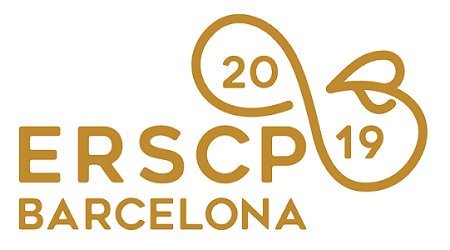Mainardo Gaudenzi presented “The Open Source Hardware paradigm: an emerging model for research?”
The open source approach to hardware design, prototyping and developing is significantly increasing among the scientific community. As previously occurred with open source software, during the last few years the open source hardware model has been attracting a wider audience, including academic community. Several factors are concurring in the spread of open source hardware practices among institutional research, not least the long-term effects of the financial crisis of 2008, that are still causing a significant reduction in research budgets, and the boom of low cost and easy to use prototyping platforms such as Arduino and Raspberry Pi, and the advancements in digital manufacturing technology well presented by the self-replicating rapid prototype RepRap.
During the last years, the open source paradigm has become an effective operational reference model at the MECAMAT – Mechatronics and Modelling Applied on Technology of Materials research group of the Universitat de Vic – Universitat Central de Catalunya. Research efforts are focused on the prototyping of inclusive technological solutions, mainly addressed to the development of devices that find their application in the fields of biotechnology and cultural heritage science. As for biotechnology, research has been carried out on the development of robotic prosthesis, and a universal machine to test and control the resistance to tension and compression of biological tissues. As for cultural heritage science, among other devices, we developed a CNC for automatic spectrophotometric and morphologic analyses, a device for Reflectance Transformation Imaging technique, and devices for environmental and structural monitoring. At the same time, the research group is focusing its efforts in developing everyday laboratory-based technology in order to reduce research costs and improve efficiency through the use of flexible, customizable and replicable technology.
The objective of this presentation is to generate a genuine debate on sustainable technology, too often still considered not reliable by the academic community.
The open approach we adopted implies that knowledge creation, sharing and transfer is implemented by introducing cooperation measures typical of the open science principles (e.g., free and open web databases, Do-It-Yourself and instructables web sites, workshops and demonstrations in typical makers environments such as local FabLabs, makerspaces and hackerspaces), and by activating traditional academic tools (i.e., conferences, articles, etc.). This cooperation measures accelerate knowledge creation and transfer and comply with the main elements of Open Innovation 2.0 concept, as adopted in 2016 by the EU – Directorate-General for Research and Innovation: put users in the spotlight – as these are involved directly on the design and prototyping process; create a well-functioning ecosystem by allowing strict collaboration of all the stakeholders involved and including end users.
Focusing the research efforts on the development of open hardware is proving to be a winning strategy: the research group improved its capability to reach external users; as well as improved its prototyping capacity by sharing knowledge and skills with the worldwide open hardware community.

Leave a Reply